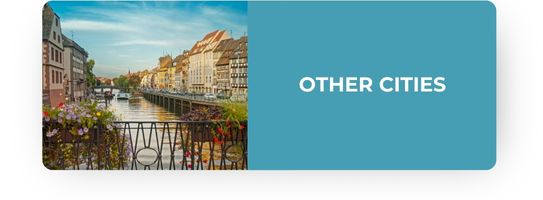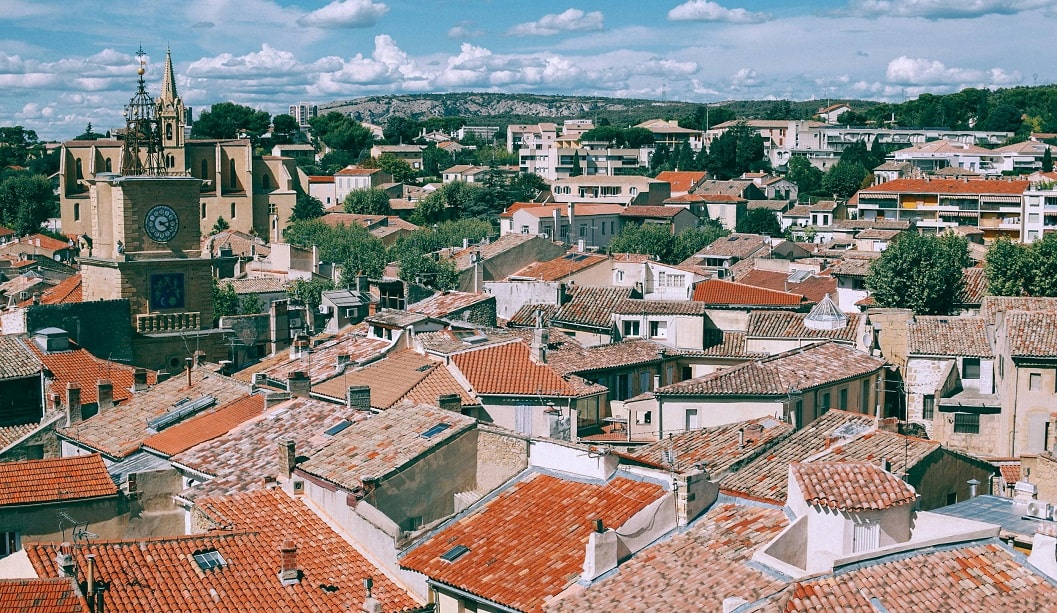Student Bank Account in France: 2025 Guide

Every year, thousands of students from around the world move to Paris for their studies. While student life is full of exciting experiences, one essential step to get started smoothly is opening a French bank account. Here’s our 2025 guide to opening a student bank account in France. You’ll discover your options and learn how to choose the simplest and most cost-effective solution to manage your money in France.
Why Open a Bank Account in France?
- You can receive your salary or scholarship
- Withdraw and deposit money easily
- Pay online or in-store
- Send and receive transfers
Using a foreign card often comes with additional fees and unfavorable exchange rates. That’s why having a local bank account is a smart move.
Traditional Banks: Local Branches and Personal Advisors
The main banks in France (such as BNP Paribas, Société Générale, Crédit Agricole, La Banque Postale…) offer personal accounts, often with special deals for students. These offers generally include:
- A free or discounted bank card
- Authorized overdraft with no fees
- A dedicated advisor in branch
Opening an account at a traditional bank is done in person, by appointment, and requires several documents (ID, proof of enrollment, proof of address…). This is a reassuring option if you prefer in-person support or services nearby.
Online and Alternative Banks: Flexible, Fast, and Affordable
More and more students are choosing online banks. These options let you open an account for free, fully online, with very low banking fees. Opening the account is quick and 100% digital.
- Revolut, an international neobank, ideal for managing multiple currencies, making fee-free payments abroad, and using a free virtual card. Registration takes just a few minutes through the mobile app.
- Nickel, available in over 1,700 tobacconists across France. For €20, you get an active account and a Mastercard. No proof of address is required.
- Hello bank! (a BNP Paribas subsidiary) also allows remote account opening. The advantage? You can manage your money online while still having access to BNP Paribas branches across France if needed.
What Documents Are Required to Open a Bank Account?
The documents required vary depending on the bank, but you’ll usually need:
- A valid ID (passport or national ID)
- Proof of address in France (rental contract, utility bill, or housing certificate)
- Proof of enrollment (student ID or school certificate)
- Visa or residence permit (depending on your nationality)
Some online banks require fewer documents, which can make the process easier upon arrival.
What If a Bank Refuses Your Application?
In France, everyone has the right to a bank account. If a bank refuses to open an account, you can request a refusal letter and bring it to the Banque de France. They will assign another bank that is required to accept your application under the \”right to an account\” law.
Looking for Housing in Paris?
Lodgis offers a wide selection of furnished and unfurnished apartments in Paris, from student studios to family-sized flats. See available apartments in Paris
Ready to Settle in France?
Check out our article on the perfect suitcase.














